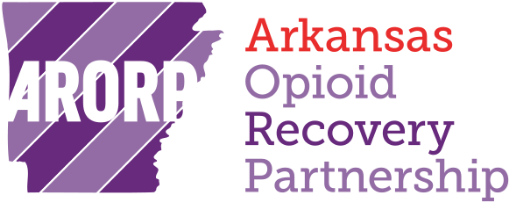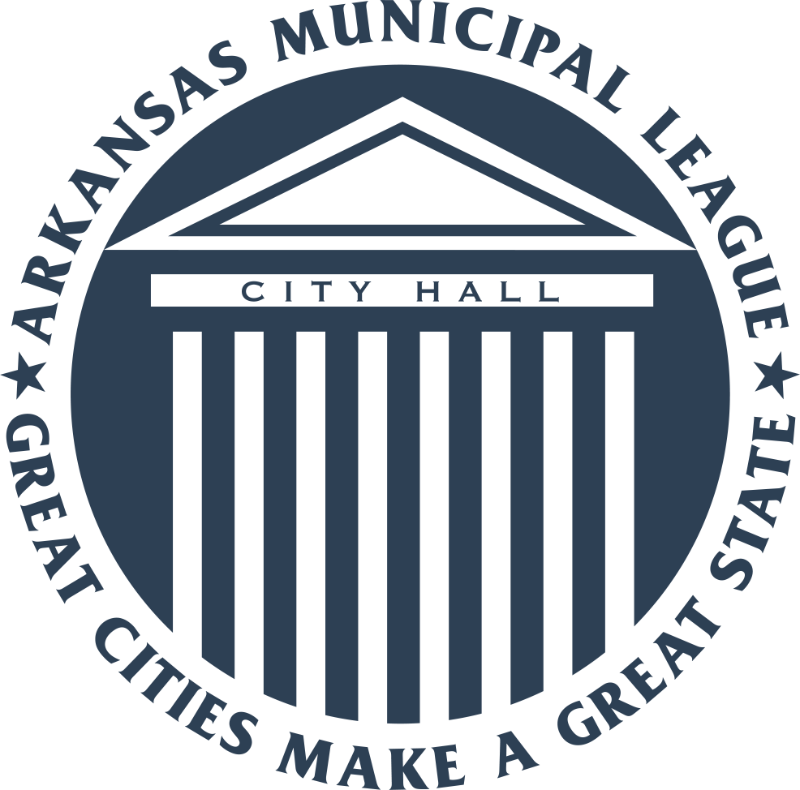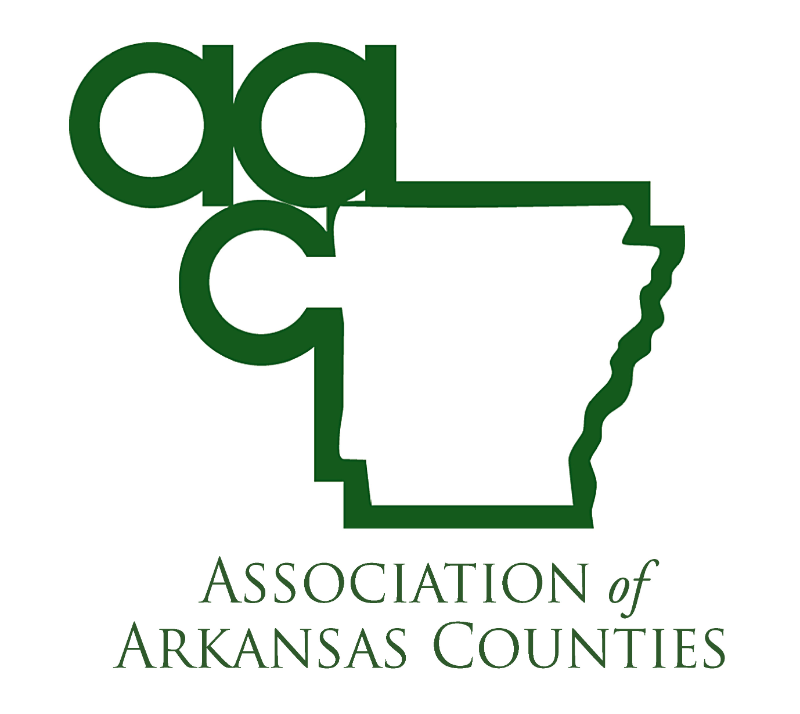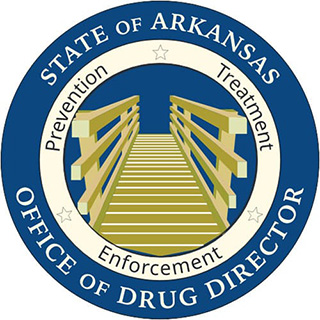Arkansas Opioid Recovery Partnership offers funding opportunities for mitigation programs
Central Arkansas group hopes to address minority population’s unique needs
December 1, 2022
By: Antoinette Grajeda, Arkansas Advocate
Overdose deaths are increasing in Arkansas and despite efforts to bring awareness to the opioid epidemic, recovery and support services are not always available in the communities that need them most.
Exodus.Life executive director Myra Woolfolk hopes to change that with support from the Arkansas Opioid Recovery Partnership, which is offering $16 million for programs addressing opioid misuse and addiction.
“If you just watch the news or look at the data, most of the services or most of the individuals that either offer opioid-type services and receive opioid-type services are not of minority populations,” Woolfolk said.
Exodus.Life is a faith-based nonprofit in Central Arkansas working to reduce drug and alcohol-related recidivism through peer-led programs. Woolfolk is developing a proposal that would cater to the specific needs of Jefferson County residents. More than 57% of the population is African American, according to the U.S. Census.
 Myra Woolfolk, executive director of Exodus.Life. (Courtesy photo)
Myra Woolfolk, executive director of Exodus.Life. (Courtesy photo)
If approved, the funding would give Woolfolk’s organization “an opportunity to focus on opioid use in a population unique to our state,” she said.
“What’s going on, per se, all around the state, it’s not necessarily the same things that need to happen here to address the opioid use because it is an issue,” Woolfolk said.
“Here in Jefferson County, we have a lot of overdoses and a lot of opioid use, but it’s mainly fentanyl in marijuana or it’s other drugs laced with fentanyl. Most of the population here is not actively seeking fentanyl.”
Fourteen overdose deaths were reported in Jefferson County in 2021, according to the Arkansas Opioid Dashboard, tying it with Crittenden County for the 10th most in the state.
Settlement Money
The Arkansas Opioid Recovery Partnership is accepting proposals for three funding categories — general funding, overdose response team funding and Naloxone Community Hero Project funding.
The general funding category is open to anyone while the overdose response team funding is open to law enforcement agencies, Drug Task Force agencies and cities. The Naloxone Community Hero Project will focus on supporting training individuals to administer naloxone, a drug that reverses opioid overdose.
The partnership has received five proposals since submissions opened Nov. 4. Only one has been approved — a team proposal for the Arkansas Naloxone Bank, which created the infrastructure needed to support the Naloxone Community Hero Project, ARORP director Kirk Lane said.
Organizations can apply to all three categories and there’s no limit to how much they can request. Funding opportunities are ongoing so there are no submission deadlines.
“We didn’t want it to be cumbersome…if there’s a good project, then we need to get it up and going,” Lane said. “We didn’t want people to do without.”
ARORP’s funding comes from opioid settlements like a national $26 billion settlement with pharmaceutical distributors AmerisourceBergen, Cardinal Health and McKesson and manufacturer Johnson & Johnson. Arkansas will receive $216 million over 18 years as part of that agreement.
A memorandum of understanding signed in October 2021 formalized an agreement to split opioid settlement funds evenly between cities, counties and the state “when that resolution has been jointly entered into” by these three entities. The Association of Arkansas Counties and the Arkansas Municipal League formed the Arkansas Opioid Recovery Partnership to oversee the disbursement of opioid settlement money to cities and counties.
Lane, who previously served as the state’s drug director, began his new role as ARORP’s director in August. He announced the appointment of Tenesha Barnes as assistant director in early November.
 Tenesha Barnes
Tenesha Barnes
The partnership has received $16 million so far, and Lane said additional funding will become available as more settlement funds are disbursed.
Applicants should think outside the box because some of the old ways of doing things aren’t working, Lane said. The submission process as well as how the money can be distributed is flexible, which appeals to Woolfolk.
“One of the things that I do like about this funding is it’s not cookie cutter,” she said. “They’re allowing you to be innovative and it is forcing all parties to the table to work together.”
Applications must include letters of support from the county judge and mayor of the region that will be served by a program. Proposals also must include a plan for how a program will be self-sustaining once the awarded funding runs out.
“We wanted to safeguard this money because we know that this money was made off the backs of many lives lost and the anguish of families,” Lane said.
Approximately 75% of all drug overdose deaths in the United States in 2020 involved an opioid, according to the U.S. Centers for Disease Control and Prevention. Arkansas reported 546 overdose deaths in 2020, the most recent data readily available from the CDC.
Opioid-related deaths increased from 261 in 2020 to 371 in 2021, according to the Arkansas Opioid Dashboard.
Filling Gaps
Joining Lane in making a final decision on proposals is a 12-member advisory board that includes attorneys, medical researchers and individuals who have lived experience with substance abuse.
“It’s really exciting to work with them,” Lane said. “None of them are ‘yes’ people and they have a background of not being ‘yes’ people, which is a real value in what we’re doing because we want people to ask questions because we want to be responsible for the money.”
Looking at gaps where other programs don’t exist is important to Lane, who said “location is everything.” The board also wants to avoid duplicating initiatives already in place. Lane wants the panel’s approval to be unanimous, so he said they’ll work with applicants to make necessary revisions to proposals.
While the process is designed to be flexible, there are limitations. For example, first responders are not eligible for the Naloxone Community Hero Project because they already receive naloxone funding, Lane said. Harm reduction groups are also excluded because some are not implementing evidence-based interventions, a requirement for the settlement funds.
The restriction could impact organizations like the Matt Adams Foundation, which funds distribution of naloxone opioid overdose reversal kits and other harm reduction services. Founder Heather Starbuck said she’ll need to further investigate her organization’s eligibility.
“We of course understand all programs have their limitations, and we look forward to connecting with the partnership team to find areas that this program could be leveraged for harm reduction organizations like ourselves, even if not via the naloxone grant specifically,” Starbuck said.
“All in all, we are supportive of these funding opportunities that tackle the opioid epidemic here in Arkansas and hope to collaborate in ways that we are eligible.”
The advisory board has met once and is scheduled to meet again next week to consider submitted proposals. Details about approved funding will be added to ARORP’s website.
Lane wants to disperse the money as quickly as possible and said he hopes to complete the entire process in 30 to 60 days. Applications and more information are available at www.arorp.org.



